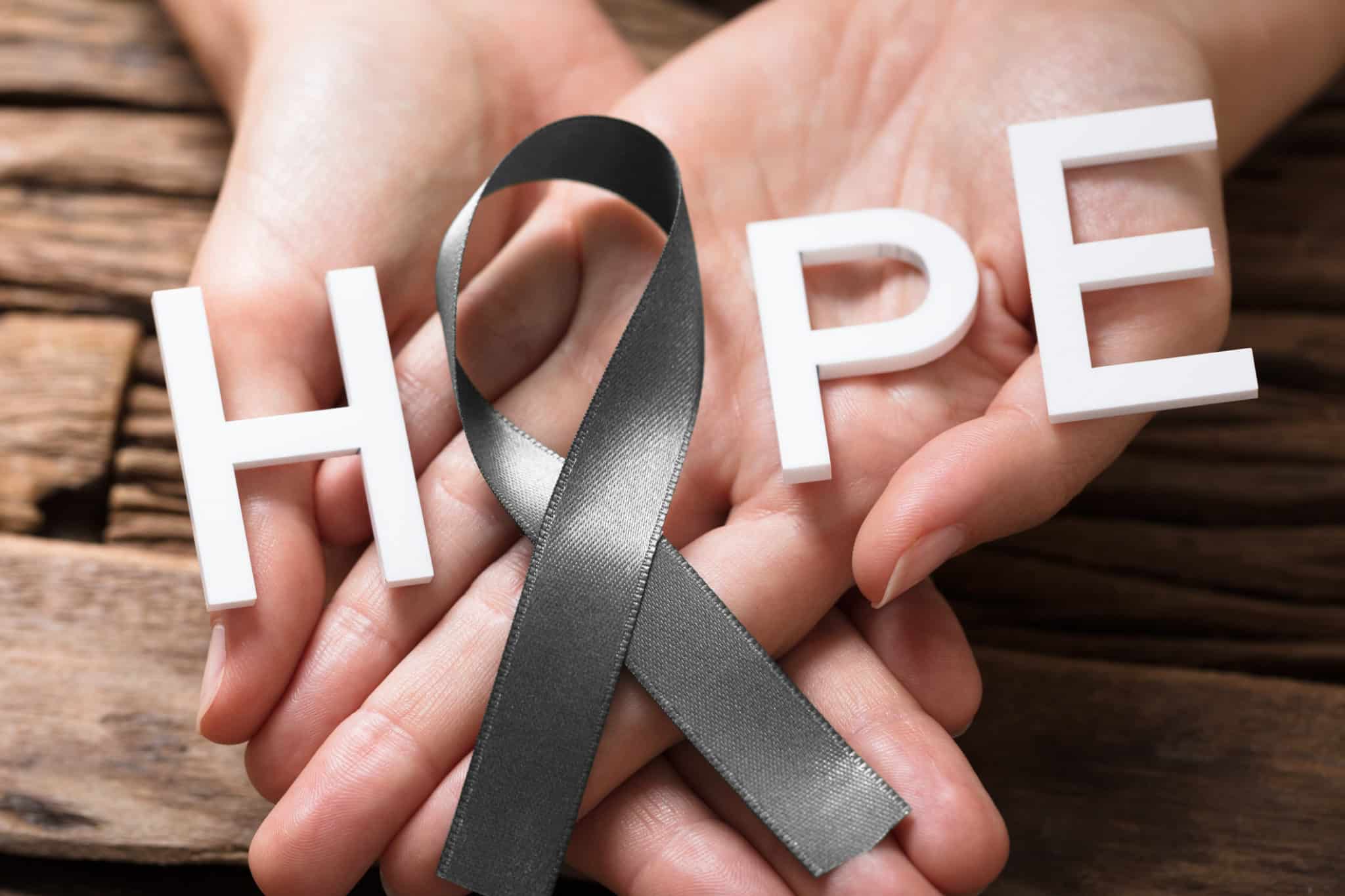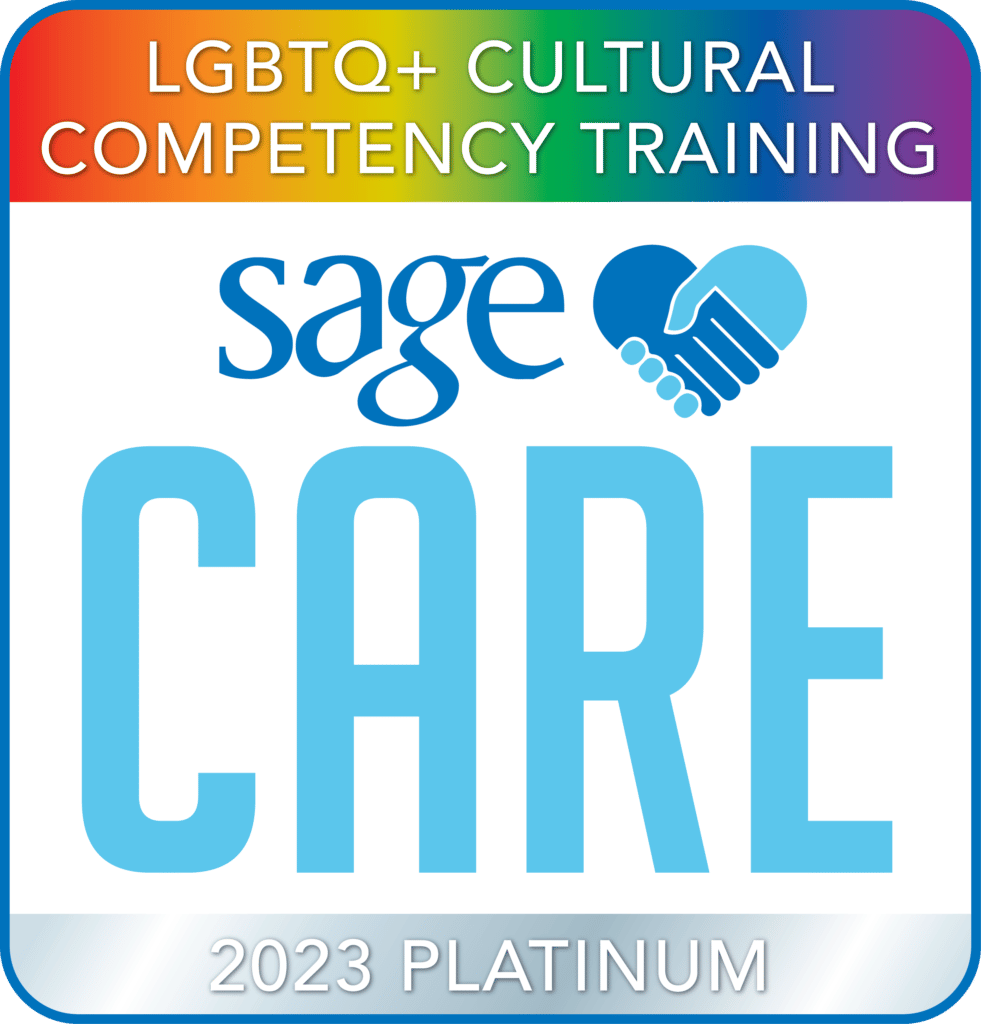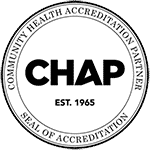Creating Awareness Around Parkinson’s Disease

It’s National Parkinson’s Awareness Month and because 60,000 Americans are diagnosed with this condition each year, our home health aide services team would like to share some essential information to help raise awareness and support for these patients.
What is Parkinson’s Disease?
This is a progressive disorder that affects the nervous system, causing symptoms like tremors, stiffness, poor mobility and slurred speech, which worsen over time. This is caused by dopamine-producing neurons in the mobility area of the brain dying off, so this part of the brain does not get the required chemicals it needs to send signals to the rest of the body. The reason for these neurons dying isn’t yet known.
There is no cure for this disease, but there are treatment options available that can improve symptoms. It is critical that this condition is diagnosed early to ensure the best possible care.
What are the risk factors for this condition?
There are certain risk factors that can place you at a higher risk of developing Parkinson’s Disease, including:
- A genetic history of the condition – If multiple family members related to you have been affected by the disease.
- Environmental triggers – Exposure to certain toxic substances including herbicides and pesticides may lead to Parkinson’s Disease.
- Age – Most people diagnosed with this disease are 60 years old or more.
- Sex – Men are more likely to have this condition than women.
Complications of Parkinson’s Disease
As the disease progresses, patients often experience additional challenges to their daily life, many of which can be treated or supported by caregiving services. These include:
- Cognitive difficulties – Difficulty thinking or remembering, similar to dementia conditions.
- Depression or mood changes – This is common in the early stages of the condition and getting effective treatment and support is key to managing the progress of the disease and quality of life.
- Chewing, eating and swallowing challenges – The disease can affect oral functions, leading to choking risks and poor nutrition. Food needs to be adjusted and eating monitored to ensure proper wellbeing, comfort and safety.
- Sleeping problems – Tremors and muscle spasms often lead to poor sleep quality, and waking up at night or falling asleep in the day is common. REM sleep disorders may also occur, leading to patients acting out their dreams. This can be assisted with medication.
- Toileting challenges – As muscle control becomes compromised, patients can experience difficulty controlling their bladder. The digestive tract can also be compromised, leading to constipation Home health aide services and medication are an invaluable source of support here.
Home Help Services for the Elderly – Supporting Parkinson’s Patients in New Jersey
Whether you need residential in home respite care in NJ or need someone qualified and experienced to assist your loved one with Parkinson’s on a more permanent basis, we are here to help through our HomeWorks program. Our home health aide services staff are fully certified in New Jersey and have extensive senior care training and experience, so please feel free to ask for formal certification and references.
For more information on residential in home respite care in NJ, please contact us today or visit our website at https://umcommunities.org/homeworks/elderly-home-health-care-nj/






